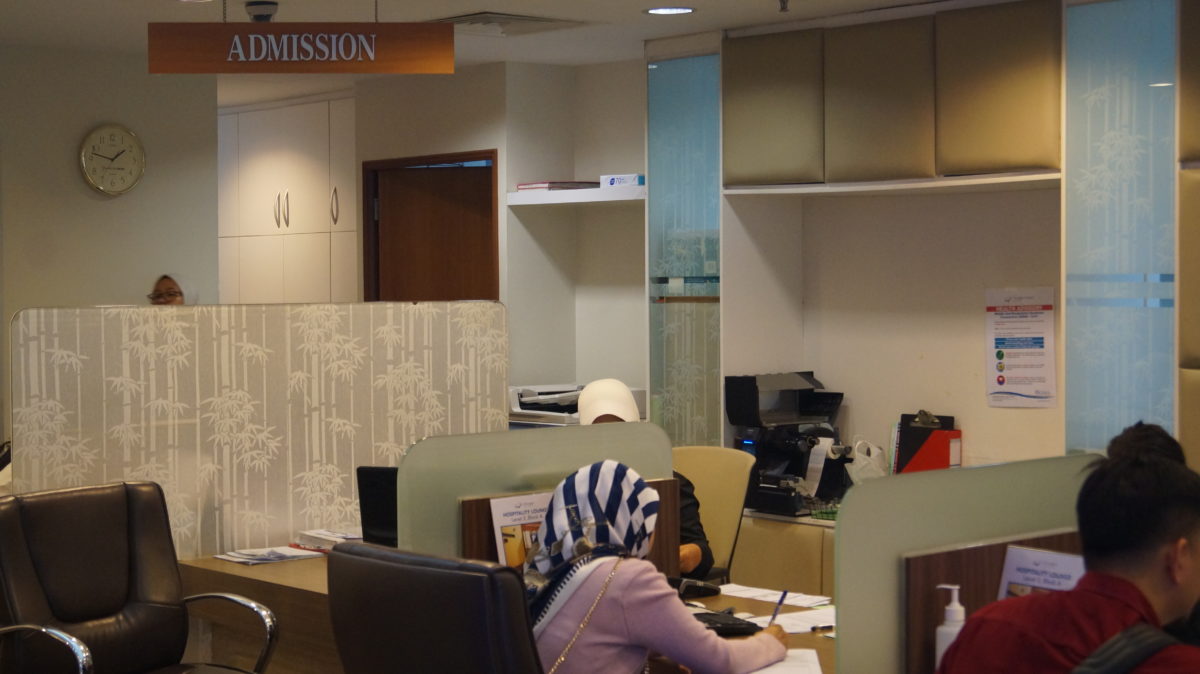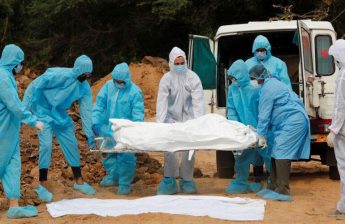KUALA LUMPUR, Feb 9 — For all the government’s talk about taking over purportedly massive private hospital resources through emergency legislation, at the end, private hospitals could only supply 1,409 beds for Covid-19 patients.
Specifically, just 1,344 beds in normal wards and 65 intensive care unit (ICU) beds, as of February 3, Prime Minister Muhyiddin Yassin said on February 4.
General bed utilisation in the public health care system for Covid-19 cases has already exceeded capacity, at 200 per cent, whereas ICU bed utilisation stood at 33.5 per cent, as of February 7, according to the Universiti Malaya Covid-19 dashboard.
Contrary to public perception, the reality is that private health care providers in Malaysia have little practical knowledge, expertise, facilities, or human resources to manage the Covid-19 epidemic. This is because private hospitals do not treat infectious diseases, except dengue.
Even for dengue, private facilities only treat mild patients and transfer dengue haemorrhagic fever cases to the public sector. Private hospitals don’t touch tuberculosis either, a common infectious disease here.
Association of Private Hospitals of Malaysia (APHM) president Dr Kuljit Singh said that private hospitals won’t be able to accommodate Covid-19 patients in large numbers due to the limited facilities to treat them.
“Based on our capability and capacity, we told the government that we cannot do it the way they have done it in big numbers because our hospitals come in various sizes and various types of restrictions,” Dr Kuljit told a recent forum on “Managing Covid Patients in Private Hospital: Dilemmas Faced” organised by the Malaysian Medical Association (MMA).
“And also, we sometimes are not designed for pandemics or infectious diseases in big numbers.”
At the same time, as the Ministry of Health (MOH) has suggested, Dr Kuljit said some of the private hospitals are ready to take in patients who are able to bear the treatment and medical cost of Covid-19 in order to reduce the burden of the government to a certain extent.
He said the RM100 million allocation by the government for private hospitals was meant to treat patients decanted from the public to the private sector.
“That RM100 million is not for patients who walk into private hospitals to be treated for Covid-19.”
Nevertheless, Dr Kuljit also assured the public that the private hospitals which are admitting Covid-19 patients for treatment will follow all the necessary precautionary measures to avoid infecting other patients.
MMA past president Dr Ashok Philip mentioned that health care professionals in private hospitals have little knowledge on the practical management of Covid-19 patients, although they are equipped with theoretical knowledge about the disease.
He highlighted the limited number of health care workers in private hospitals — which are mainly staffed by specialists — and the importance of maintaining the safety of other non-Covid patients.
“If a Covid-19 patient is admitted under me, I am responsible. I don’t have medical officers to run around, do my work and definitely no housemen officers.”
Private health care providers told the forum that it was better for private hospitals to provide care for critically ill non-Covid patients from public facilities, rather than to treat new Covid-19 patients.

Consultant paediatrician Dr Musa Mohd Nordin stated that by easing decongestion from managing Category One (asymptomatic) and Category Two (mild) Covid-19 patients at home, instead of in hospitals, the Ministry of Health (MOH) will be able to focus on an additional 30 per cent of Covid-19 patients from the more severe stages of Category Three to Five.
“There are 6,774 beds dedicated for Covid-19 patients and the occupancy rate was 64 per cent. Seventy per cent of the beds were taken by Type One and Type Two patients,” Dr Musa said.
According to Dr Musa, in October last year, MOH was advised to manage Category One and Category Two Covid-19 patients at home with dedicated SOPs.
“36 per cent of the ICU beds are taken by non Covid-19 patients.”
Dr Musa said private health care facilities will be able to handle the non-Covid-19 patients in ICU and those under ventilator support at public hospitals, rather than the private hospitals undergoing a steep learning curve to manage Covid-19 patients in their facilities.
“Out of the ventilated beds, 40 per cent were taken by non Covid-19 patients.”
Dr Musa said that some private health care facilities are well equipped and able to provide critical care for the non-coronavirus patients.
He also highlighted that it would be a challenge to handle Covid-19 patients in private hospitals, as there are specialists and consultants who are above 50 years old and some with comorbidities who are vulnerable to severe disease or death from the coronavirus.








